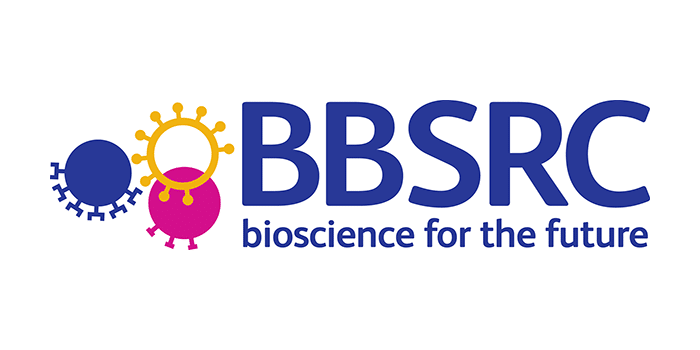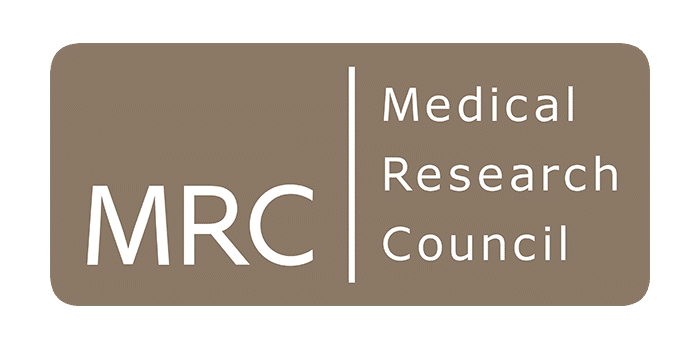Scientists have repaired a damaged liver in a mouse by transplanting stem cells grown in the laboratory.
It is the first time researchers have restored function to a severely damaged liver in a living animal using stem cells.
Their findings pave the way for cell-based therapies that could one day replace the need for liver transplants.
Researchers from the Medical Research Council (MRC) Centre for Regenerative Medicine at the University of Edinburgh transplanted liver stem cells* into mice with liver failure. They found that over several months major areas of the liver were regrown from these cells, improving the structure and function of their livers.
The liver has a great capacity to repair itself, however in conditions such as cirrhosis and acute liver failure, it becomes damaged beyond repair.
Within the liver, hepatocytes are the essential cells that make many proteins and break down toxins, and while they have been used for transplantation their use has been limited as they don’t grow well under laboratory conditions. Liver stem cells overcome this as they can be grown under laboratory conditions and have the flexibility to change into hepatocytes or other important types of liver cells.
This is the first time that researchers have proven that liver stem cells can regrow the liver to such an extent. If they can show the same effect with human cells then they may be useful as a treatment for liver failure. Transplanting such cells into patients with liver failure could one-day offer an alternative to liver transplants.
In the long term, scientists hope to find a way of stimulating the patient’s own stem cells to repair the damaged liver using medicines.
The research was funded by the Medical Research Council, the UK Regenerative Medicine Platform and the Wellcome Trust. It is published in the journal Nature Cell Biology.
Professor Stuart Forbes, of the MRC Centre for Regenerative Medicine at the University of Edinburgh, said: “Revealing the therapeutic potential of these liver stem cells brings us a step closer to developing stem cell based treatments for patients with liver disease. It will be some time before we can turn this into reality as we will first need to test our approach using human cells. This is much needed as liver disease is a very common cause of death and disability for patients in the UK and the rest of the world’’
Dr Rob Buckle, Director of Science Programmes at the MRC, said: “This research has the potential to revolutionise patient care by finding ways of co-opting the body’s own resources to repair or replace damaged or diseased tissue. Work like this, building upon a precise understanding of the underlying human biology and supported by the UK Regenerative Medicine Platform, will give doctors powerful new tools to treat a range of diseases that have no cure, like liver failure, blindness, Parkinson’s disease and arthritis.”
ENDS
For more information please contact the MRC press office on 0207 395 2276 (out of hours: 07818 427 297) or email press.office@headoffice.mrc.ac.uk
NOTES TO EDITORS
The paper, ‘Hepatic progenitor cells of biliary origin with liver repopulation capacity’ is published in Nature Cell Biology (DOI: 10.1038/nbt.3275)
*Hepatic Progenitor Cells act as stem cells in the liver that have the potential to develop into normal liver cells.
A short FAQ with Prof Stuart Forbes for liver disease patients can be found here: http://www.crm.ed.ac.uk/research/diseases-we-study/liver-disease-and-cancer
The Medical Research Council is at the forefront of scientific discovery to improve human health. Founded in 1913 to tackle tuberculosis, the MRC now invests taxpayers’ money in some of the best medical research in the world across every area of health. Thirty-one MRC-funded researchers have won Nobel prizes in a wide range of disciplines, and MRC scientists have been behind such diverse discoveries as vitamins, the structure of DNA and the link between smoking and cancer, as well as achievements such as pioneering the use of randomised controlled trials, the invention of MRI scanning, and the development of a group of antibodies used in the making of some of the most successful drugs ever developed. Today, MRC-funded scientists tackle some of the greatest health problems facing humanity in the 21st century, from the rising tide of chronic diseases associated with ageing to the threats posed by rapidly mutating micro-organisms. www.mrc.ac.uk
The Wellcome Trust is a global charitable foundation dedicated to improving health. We provide more than £700 million a year to support bright minds in science, the humanities and the social sciences, as well as education, public engagement and the application of research to medicine. Our £18 billion investment portfolio gives us the independence to support such transformative work as the sequencing and understanding of the human genome, research that established front-line drugs for malaria, and Wellcome Collection, our free venue for the incurably curious that explores medicine, life and art.
The UK Regenerative Medicince Platform (UKRMP) is a £25M investment by the Biotechnology and Biological Sciences Research Council (BBSRC), Engineering and Physical Sciences Research Council (EPSRC) and the Medical Research Council (MRC). The UKRMP will address the technical and scientific challenges associated with translating promising scientific discoveries in this area towards clinical impact, and seeks to provide a world-leading programme to promote the development of regenerative therapies. Central to the Platform are five interdisciplinary and complementary research Hubs with the necessary critical mass to address key translational challenges and provide new tools, protocols and resources with broad applicability that can be utilized by other UK research groups in academia and industry. In addition, five Disease/Systems focused research programmes have been funded, which that link to or exploit aspects of the science being progressed through the Hubs. www.ukrmp.org.uk
The MRC Centre for Regenerative Medicine (CRM) is a world leading research centre based at the University of Edinburgh. Scientists and clinicians at CRM study stem cells, disease and tissue repair to advance human health. The Centre is based at the Scottish Centre for Regenerative Medicine (SCRM) building, on a site shared by the Royal Infirmary Hospital and the University’s Clinical Research facilities. With new state-of-the-art facilities and a 230+ team of scientists and clinicians, CRM is positioned uniquely to translate scientific knowledge to industry and the clinic. www.crm.ed.ac.uk






